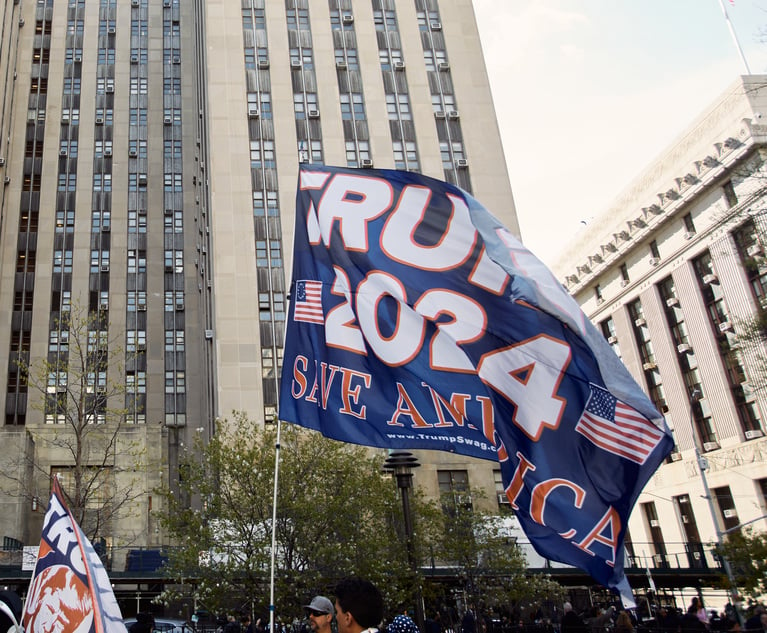New York’s Compassionate Care Act (CCA), which authorized the manufacture, sale and use of medical marijuana, was signed into law in 2014 and two years later the first marijuana dispensaries permitted under the CCA opened and New Yorkers could thereafter become “certified” and legally obtain and use medical marijuana. Implementation of New York’s medical marijuana program proceeded slowly, however, and only after several amendments to the CCA were enacted did the program begin to expand. Unlike other states that legalized medical marijuana long before New York did, there is almost no case law in the state that offers guidance with respect to the workplace rights of employees who use medical cannabis. (One exception is Taxi & Limousine Commission v. W.R., OATH Index No. 2503/17 (July 2017), an administrative proceeding where the administrative law judge ruled that a taxi driver had not failed his drug test based on a positive result because he was a medical marijuana patient and, as a result, his conduct did not constitute “illegal drug use.”) However, the Appellate Division, First Department’s recent decision in Gordon v. Consolidated Edison, 2021 N.Y. App. Div. LEXIS 514 (1st Dep’t 2021), may represent the beginning of the development of a body of jurisprudence in New York on cannabis law in the employment realm.
Of the 35 states that legalized marijuana for medical and/or recreational purposes, 12, including New York, now have medical marijuana statutes with anti-discrimination provisions. After several decades of decisions in cannabis drug testing cases that overwhelmingly favored employers, the courts in a number of these states now adhere to the analysis in Noffsinger v. Operating Co., 273 F. Supp. 3d 326 (D. Conn. 2017), and have ruled in favor of employees in termination cases involving medical marijuana on the basis of these provisions. The anti-discrimination language in these states’ medical cannabis statutes varies somewhat, and in the New York the CCA provides that “being a certified [medical marijuana] patient shall be deemed [as] having a disability” under the New York State Human Rights Law. As a result, it can be argued that adverse action against an employee based on that individual’s use of medical marijuana constitutes unlawful disability discrimination under the Human Rights Law.
Disability Discrimination Against Medical Marijuana Patients
This content has been archived. It is available through our partners, LexisNexis® and Bloomberg Law.
To view this content, please continue to their sites.
Not a Lexis Subscriber?
Subscribe Now
Not a Bloomberg Law Subscriber?
Subscribe Now
LexisNexis® and Bloomberg Law are third party online distributors of the broad collection of current and archived versions of ALM's legal news publications. LexisNexis® and Bloomberg Law customers are able to access and use ALM's content, including content from the National Law Journal, The American Lawyer, Legaltech News, The New York Law Journal, and Corporate Counsel, as well as other sources of legal information.
For questions call 1-877-256-2472 or contact us at [email protected]


 Photo: Shutterstock
Photo: Shutterstock




